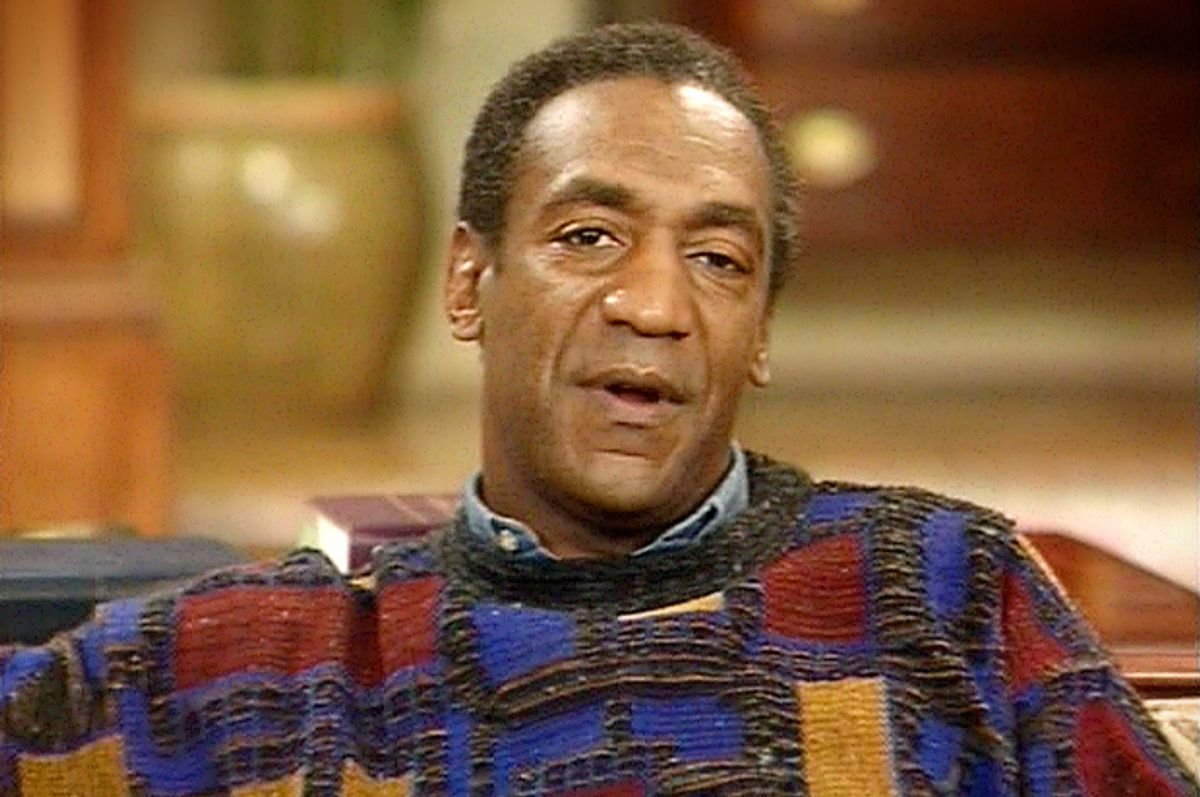
Few television shows can claim to have the cultural weight that The Cosby Show carries. A lot of this success can be attributed to Bill Cosby, not just as the lead actor but also as the creative genius behind the show. Cosby’s vision was simple but profound: to show a Black family that was not just surviving, but thriving in a way that was rarely seen on television in the 1980s.
Before The Cosby Show, Black characters on TV were often limited to stereotypical roles: the “sidekick,” the “criminal,” or the “comic relief.” Cosby, however, sought to change this narrative. With The Cosby Show, he crafted a family that was aspirational, but also relatable, highlighting the nuances of family life without falling into the trap of stereotypical portrayals.
At its core, the show was about love, discipline, and the pursuit of higher education. Cosby himself said that he wanted to provide a positive role model for young Black children, showing them that success and intelligence were not only attainable but expected. Through Dr. Cliff Huxtable, Cosby provided a figure that many viewers could admire—a loving father and a respected professional who faced everyday challenges with humor and grace.
Cosby also excelled at using humor to tackle complex social issues. Whether it was discussing race, class, or education, the show never felt heavy-handed. Instead, it provided insightful commentary on societal issues while still delivering moments of joy and laughter. For example, one of the most memorable episodes, “Theo’s Dilemma,” centered around Dr. Huxtable’s conversations with his son about life and education, teaching valuable lessons about responsibility and self-worth.
In addition to his role as a performer, Cosby was heavily involved in the show’s writing and production. His hands-on approach was a key factor in the show’s success. He didn’t just want to create a show that entertained; he wanted to create something that could also shape minds and influence attitudes.
The legacy of The Cosby Show isn’t just about the sitcom format—it’s about how Bill Cosby used comedy to tackle real-life challenges, offer life lessons, and break racial barriers. While Cosby’s legacy in later years has been marred by personal controversies, the significance of The Cosby Show as a groundbreaking force in television remains undeniable.
